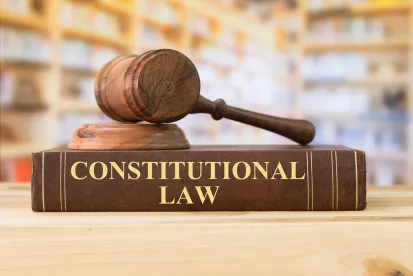Last year a $267 million dollar judgment was entered in Perez v. Rash Curtis & Assocs., Case No. 4:16-cv-03396-YGR, 2020 U.S. Dist. LEXIS 68161, (N.D. Cal. April 17, 2020) against the defendant debt collection agency, after a jury found it liable for more than 534,000 robocalls violating the TCPA. The Defendant brought many motions requesting the court alter the judgment. While the judge did grant the Defendant’s motion to amend the judgment to reflect, there were no willful TCPA violations, and that the Defendant succeeded on disposing of debt collection claims at summary judgment, these minor wins had no material effect on the big ticket driving the headlines.
Namely, that whopping award, and class counsel’s fee, approved 33% of the award at $89,116,333.33. The Defendant argued the class award is statutorily excessive, and requested the court decrease it. The court hammered home the TCPA’s language is plain – $500 a call, and there’s no binding authority to reinvent the statute. Next, the Defendant tried to argue that the award is unconstitutionally excessive. Backed by three reasons, the court was unmoved. First, the court noted that the Ninth Circuit has found that Congress had a rational basis in enacting the TCPA as is to balance privacy in telecommunications. Second, the court described that TCPA class actions historically generate large judgments. And lastly, here, more than a half a million calls over many years were made without consent. Thus, $267 million is not “so severe and oppressive as to be wholly disproportioned to the offense” to be unconstitutionally excessive.
The court roasted some cases where district courts reduced allegedly unconstitutionally excessive damages awards. The judge expressed that once you deviate from the statute, the numbers become arbitrary, and no case provides a well reasoned approach. The court expressed awareness that some judgments may become uncollectable, and therefore these kind of cases implore an early settlement. Some icing on the cake included the court denying the Defendant’s request for a residue statement to allow any unclaimed settlement funds to revert back to it.




 />i
/>i

